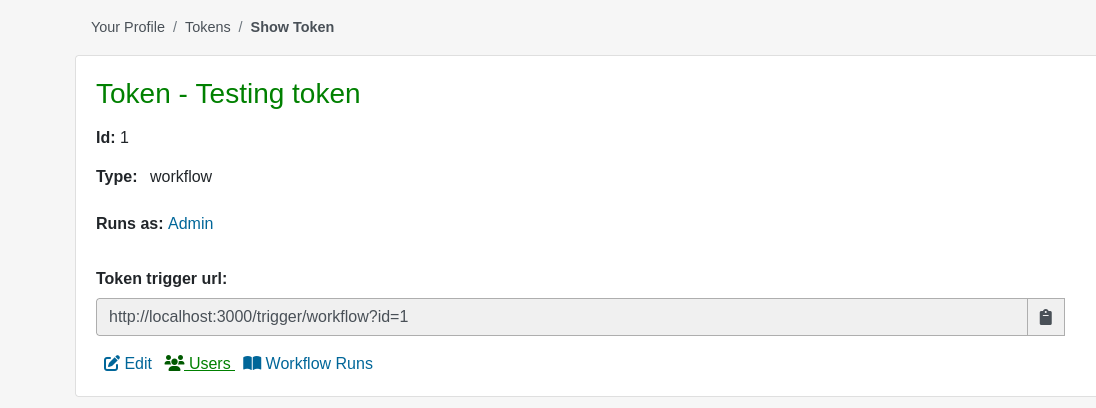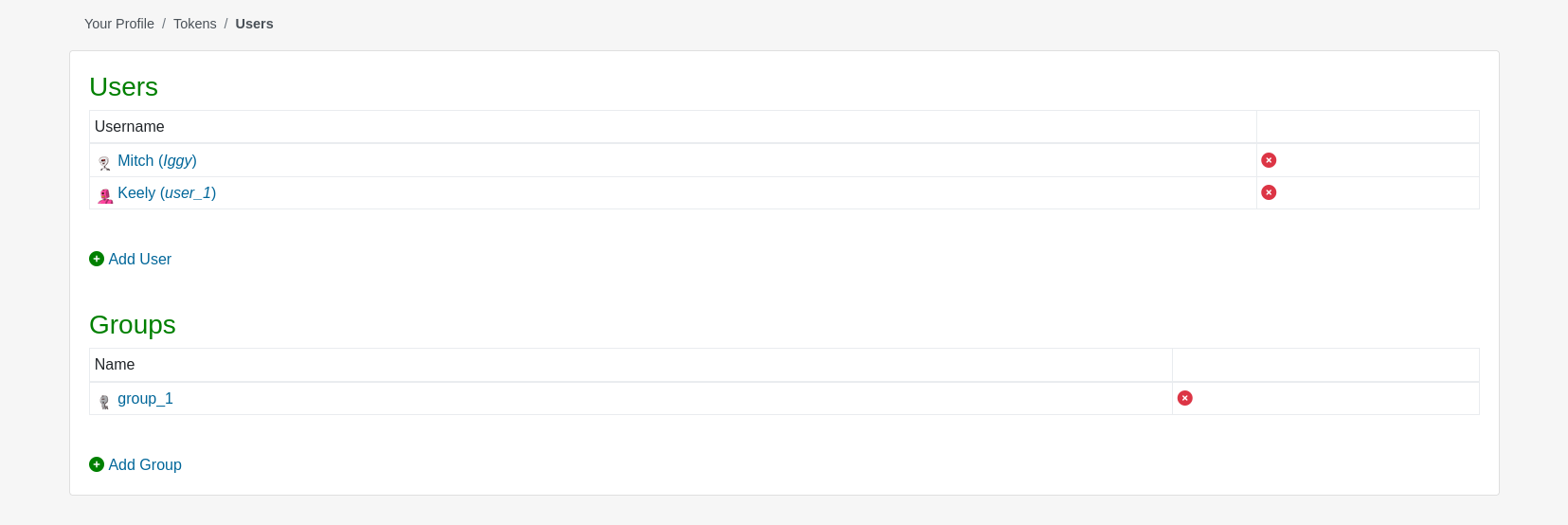Token Party!
With the introduction of the workflows, a wide range of integrations became available for individual users. Now those integrations start to get interesting at team level too. But, until now, you could not use the same workflow token with a group of users. We’ve fixed that for you.
We started off the continuous integration between OBS and GitHub/GitLab in May 2021, then made some improvements in June 2021. We introduced advanced features like reporting filters and support for self-hosted SCM together with a list of common pitfalls in July 2021 and in August 2021, we continued with two new steps and a UI for tokens. In September 2021, we supported more actions for pull/merge requests, improved the UI for tokens, and added support for push events and a rebuild step. In November 2021, we presented the user documentation and further improvements for the UI for tokens and workflow runs and more. We worked on UI and reporting improvements in February 2022, followed by a step to trigger services and the improvement of the error messages in April 2022. Afterwards, we clarified the separation between incoming webhooks and status reports in May 2022, then sharing tokens was made possible in June 2022. Later in July 2022, we added support for the SCM Bridge feature. Around September 2022, the feature was considered stable, so we enabled it for all the OBS users, but that wasn’t the end; later in September we reached the milestone of supporting Gitea on top of GitHub and GitLab. In December 2022 we introduced placeholder variables in addition to a customizable configuration file location. Later on we brought notifications for failed workflow runs, and now we introduced a new way of listing the events by multiple filter parameters
This feature is documented in the SCM/CI Workflow Integration chapter of the OBS User Guide.
One Token To Rule Them All
Let’s say a group of maintainers automated the rebuild of packages when new commits are pushed into their associated GitLab repositories. To do that, those users needed a Workflow Token, and that token is bound to a single user. The only way to trigger the workflow by more than one user was to share the user credentials.
It works, but it’s far from perfect.
A better solution is to share that workflow token with your colleagues. Now, you can add other users and groups as owners of a workflow token, and those users will be able to add and remove other users and groups as well. It’s perfect for team collaboration, because your colleagues can help you to manage and trigger your workflows.
To do it you need to go to the Token page you want to share. There you’ll notice a new icon.

Click on it and you’ll get to the Token User page. From there, you can add single users or whole groups, whose users will be able to work with those tokens also.

As always, try it and tell us what you think!
How To Give Us Feedback
There are two ways to reach us:
- On GitHub, by opening an issue and / or commenting on an already opened issue.
- On IRC, by talking directly to us. We are in the channel
#opensuse-buildserviceon Libera.Chat.
Please note that we favor GitHub to gather feedback as it allows us to easily keep track of the discussions.
